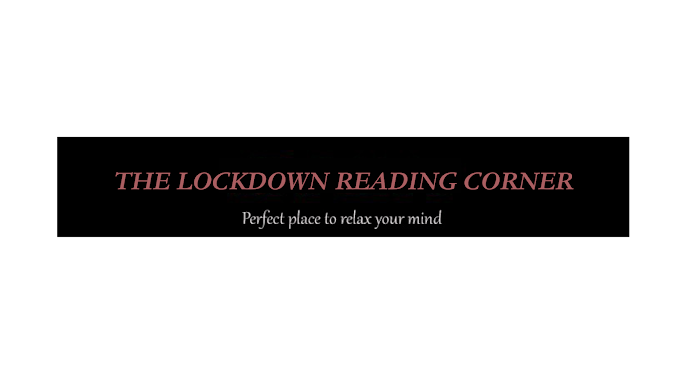How New Zealand beat the Coronavirus
While countries are fighting a war with the
Coronavirus by enforcing strict lockdown measures to flatten the curve, New
Zealand is on the verge of eradicating the virus, preparing itself to enter the
post-pandemic future.
Life is almost back to normal in the island nation of
5 million following a strict and successful lockdown. New Zealand has recorded 1154
cases with 1131 recoveries and 22 deaths. The country has discharged its last coronavirus
patient from the hospital and has had no new cases reported since last 2 weeks.
New Zealand has effectively eliminated the virus due
to its prompt action at an early stage enforcing one of the world’s strictest
lockdown. When the number of cases reached 102 on 23rd March, Jacinda
Arden, the Prime Minister announced that the country was going into level-3 lockdown,
closing its borders, schools and non-essential businesses.
Along with strict and early lockdown measures, New
Zealand has created a robust health response. It has conducted 267,435 tests so
far and worked hard to ramp up testing and the country has a capacity to
process 8000 test per day, marking it as one of the highest testing per capita
in the world.
The government is looking after the nations’ most
vulnerable by making sure the homeless have housing facilities with other
necessities.
New Zealand has been successful in tackling the virus due
to its strict restrictions, law-abiding citizens and an excellent communication
between the government and the public, thus rebranding itself as a safe haven
in the pandemic world.
The PM Jacinda Ardern has been showered with praises
from all over the world for her ‘master class’ leadership during the crisis.
She tackled the virus with science and empathy. Her message throughout the
pandemic was – ‘Be Kind’ to promote community spirit, to look after one another.
She has been a very good communicator and has the public
trust. Citizens had no problem following the lockdown rules, with the data
showing remarkable behaviour change with over 90 percent drop in activity
levels, instantly, resulting in the flattening of the curve.
With no new cases for almost 2 weeks, the government
took its first steps in rebuilding the economy, by easing the restrictions on
the public. Businesses like constructions and restaurants were reopened,
allowing large gathering of up to 100 people, as long as safety protocols such
as social distancing were followed.
Although New Zealand managed to stop the transmission,
it hasn’t been spared from the economic damages. The government has decided to
take a 20 percent pay cut to show solidarity with those affected by the virus
and floating the idea of a 4-day working week as a way to improve work-life balance,
rebuilding its economy.
Even though the Kiwi nation has achieved an early success, the country is still effectively in lockdown, with most people told to stay home and stick to their 'bubbles' - a term given for the people they are isolating with.
The real life lesson other nations can learn from New Zealand is that, the combination of good science and leadership is an effective way of fighting the virus, bringing back normalcy sooner to our lives.





Oof
ReplyDeleteNoice noice
ReplyDelete